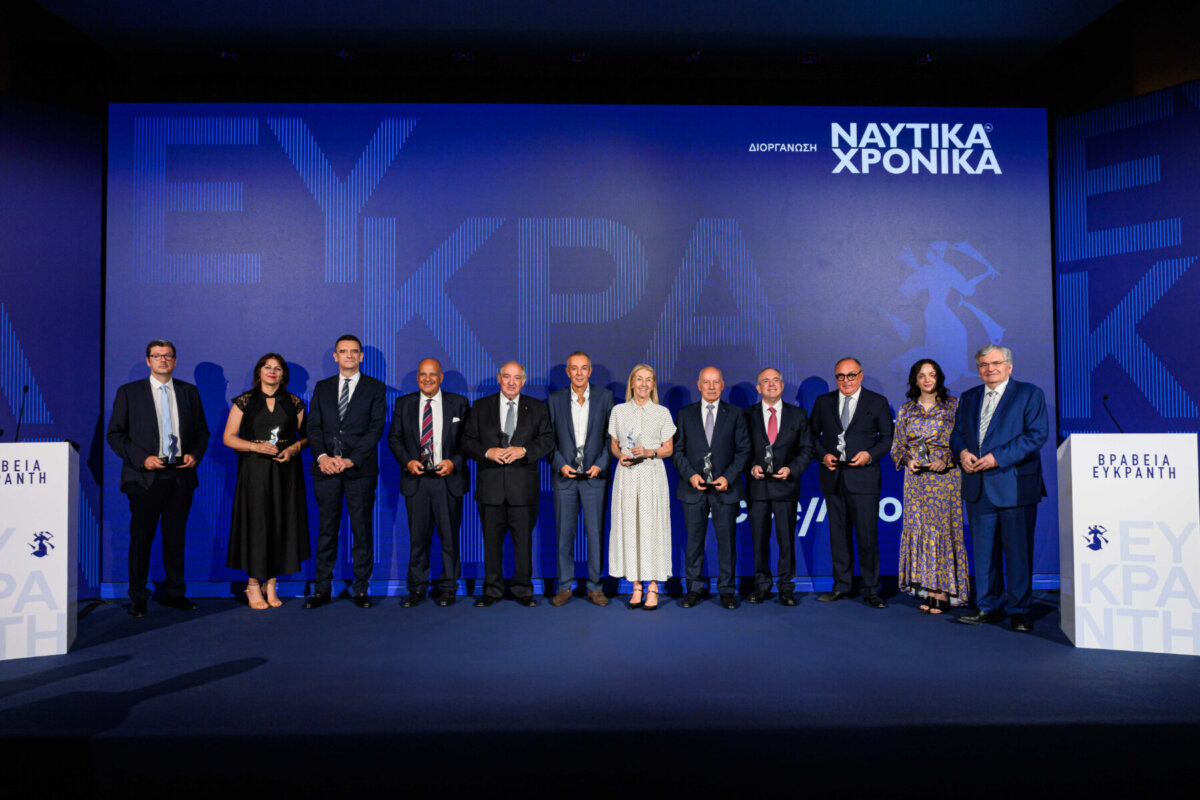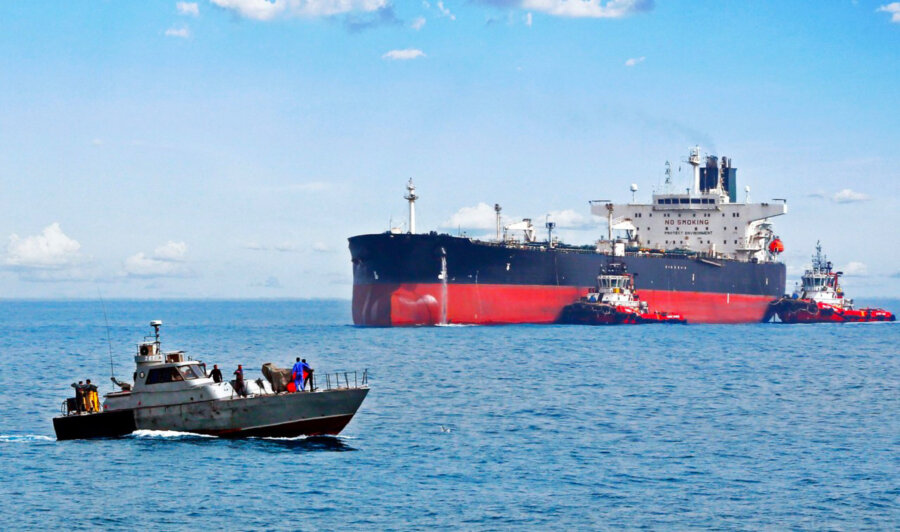
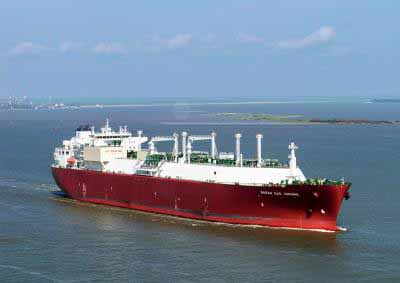
ClassNK Releases New Guidelines for Gas Fuelled Ships
As regulations curbing atmospheric pollution and greenhouse gas emissions grow stricter amid stronger calls for a greener shipping industry, attention is turning to the potential of natural gas as a cleaner alternative to liquid fuel oil.
Liquefied natural gas is widely used on vessels designed to transport the commodity and has started to be introduced on other types of ships. Around 30 vessels, including many Norwegian ferries and offshore support ships in the North Sea, are powered by LNG with takeup of the fuel expected to increase in the near future.
The International Maritime Organization (IMO) has developed the International Code of Safety for ships using gases or other low flash-point fuels (IGF Code) to govern safety aspects of the application of natural gas for propulsion and auxiliary purposes.
In these new ClassNK guidelines, requirements for the design of natural gas fuelled ships have been specified based on the current draft of the IGF Code. The guidelines provide comprehensive information on key design features including bunkering, hull structure, fire safety, and explosion prevention measures.
“One of our most important missions as a classification society is to help ensure the safety of shipping as the industry looks to ways in which it can reduce its carbon footprint,” says ClassNK Chairman & President Noboru Ueda, adding: “These new guidelines have been compiled based on our vast array of technical expertise and experience. By releasing these guidelines today, we hope to provide practical guidance for shipyards, manufacturers, owners, managers, and operators looking to prepare their fleets for a safer, greener future”.
These guidelines are currently available in Japanese only. The English version will be published in early March and will be available via the ClassNK website at the following URL.
https://www.classnk.or.jp/account/en/Rules_Guidance/ssl/guidelines.aspx
ΝΧ
Συντακτική ομάδα Ναυτικών Χρονικών


Το μπάσκετ του Ολυμπιακού συνεχίζει με «γεύση» ναυτιλίας
Ολοκληρώθηκε το σπουδαίο deal μεταξύ των αδελφών Αγγελόπουλων και της οικογένειας Τσάκου για τη χορηγία της ΚΑΕ Ολυμπιακός, μέσω συνέντευξης Τύπου που παραχώρησε η…
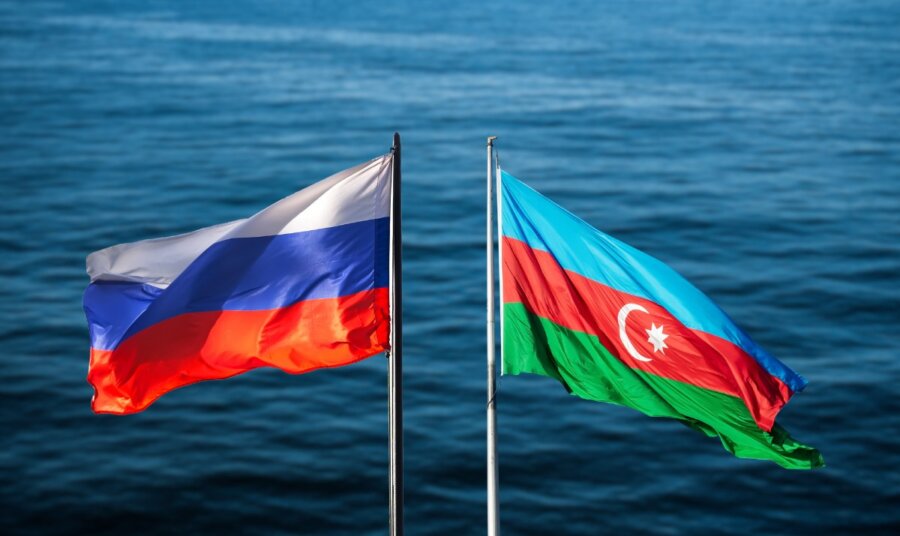
Σε αχαρτογράφητα νερά οι διμερείς σχέσεις Μόσχας-Μπακού
Τις τελευταίες εβδομάδες, ένας σημαντικός αριθμός αναλυτών κρούει τον κώδωνα του κινδύνου για την πιθανότητα μιας μελλοντικής πολεμικής σύρραξης μεταξύ της Ρωσίας και του…
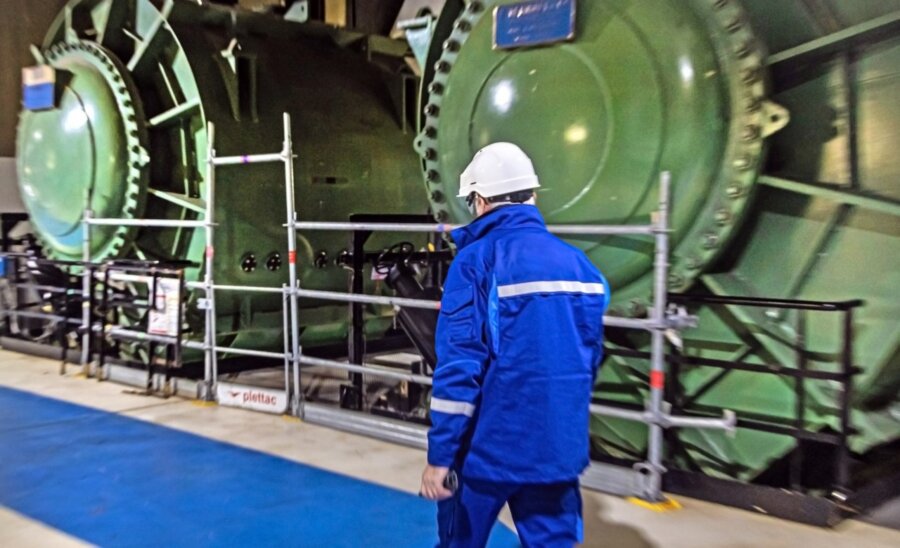
H προσέγγιση της Μεσογείου για ενεργειακή αυτονομία με την υιοθέτηση πλωτών πυρηνικών σταθμών
Η τεχνολογία των πλωτών πυρηνικών σταθμών παραγωγής ενέργειας (Floating Nuclear Power Plants – FNPPs) ανοίγει έναν νέο ορίζοντα στον τρόπο με τον οποίο προσεγγίζουμε…
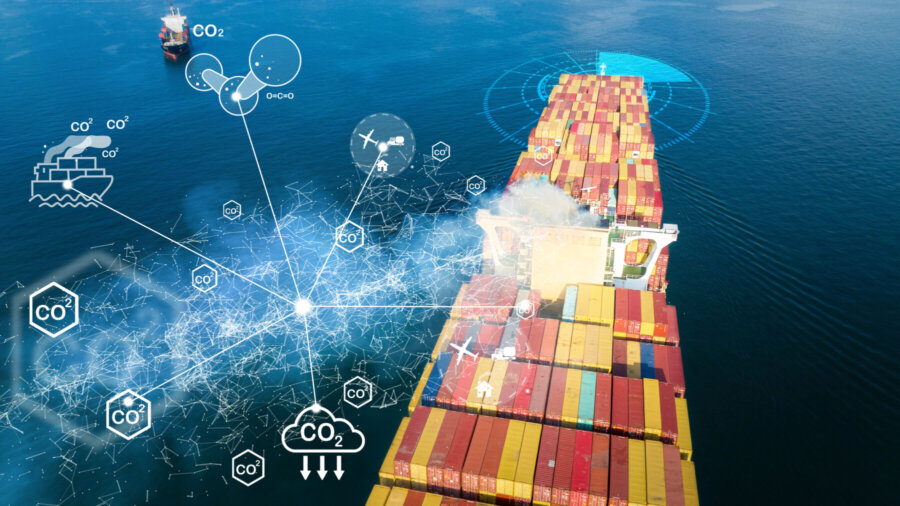
Δέσμευση και αποθήκευση άνθρακα εν πλω: H καινοτομία του GCMD
Η τεχνολογία δέσμευσης διοξειδίου του άνθρακα εν πλω (Onboard Carbon Capture ‒ OCC) περνά πλέον από τη θεωρία στην πράξη. Για πρώτη φορά παγκοσμίως,…
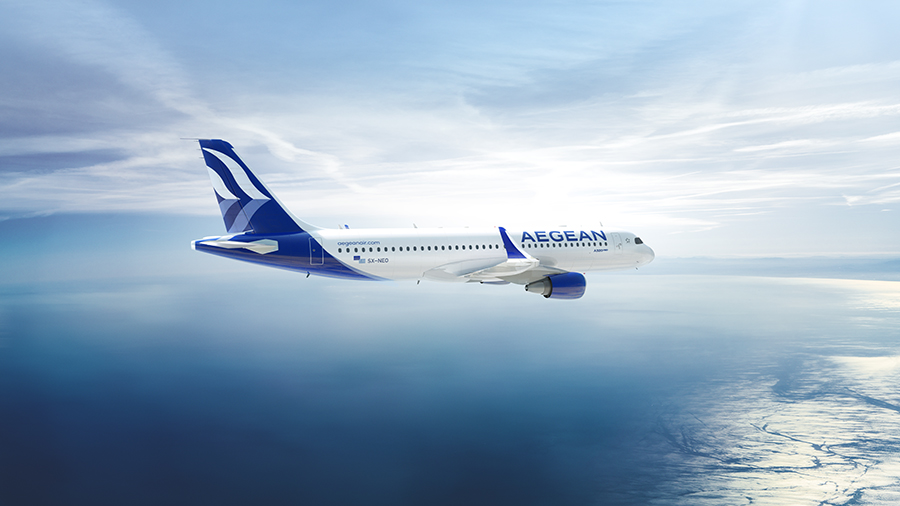
Επιστροφή της AEGEAN σε Βηρυτό, Ερμπίλ και Αμμάν
Από τις 10 Ιουλίου και μετά, η AEGEAN επαναφέρει μέρος του της προγράμματος από και προς Βηρυτό (Λίβανος). Σύμφωνα με ενημέρωση της AEGEAN, από…
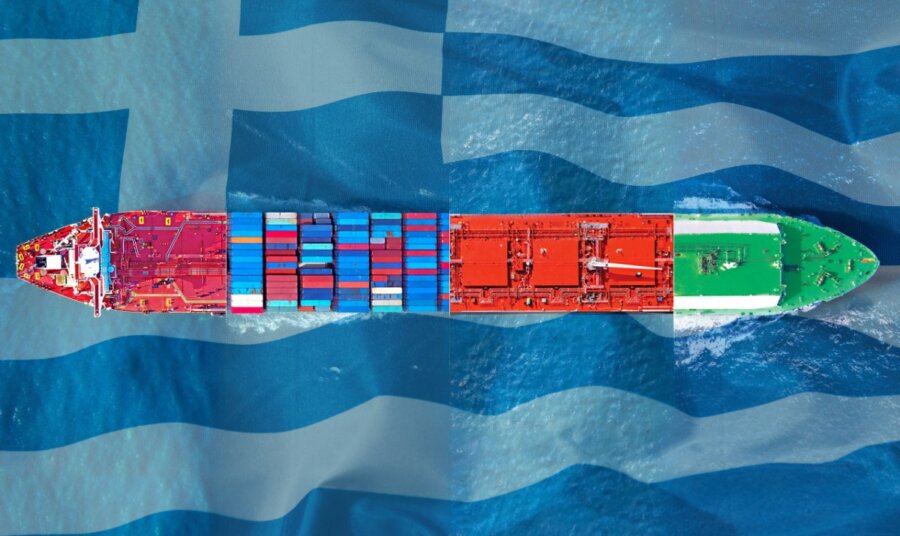
Παραγγελίες πλοίων: Σε στάση αναμονής οι Έλληνες πλοιοκτήτες
Απότομη πτώση σημειώθηκε στις παραγγελίες νεότευκτων το α΄ εξάμηνο του 2025, σε σχέση με τη δραστηριότητα που καταγράφηκε την αντίστοιχη περίοδο του 2024. Επιφυλακτική…
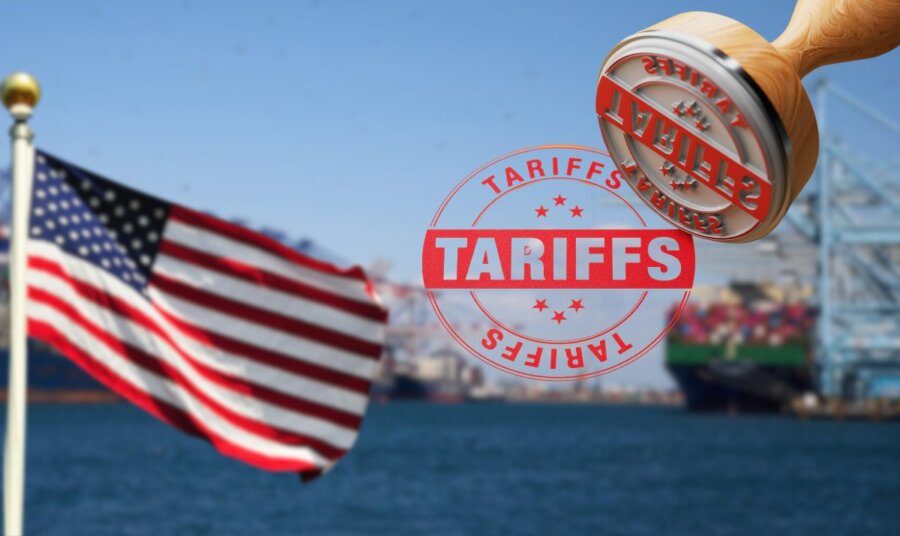
Επικείμενοι υψηλοί δασμοί των ΗΠΑ σε χαλκό και ημιαγωγούς
Ο πρόεδρος των ΗΠΑ Ντόναλντ Τραμπ ανακοίνωσε στις 8 Ιουλίου ότι εξετάζει το ενδεχόμενο να επιβάλει πρόσθετους δασμούς ύψους 200% στα φαρμακευτικά προϊόντα που…
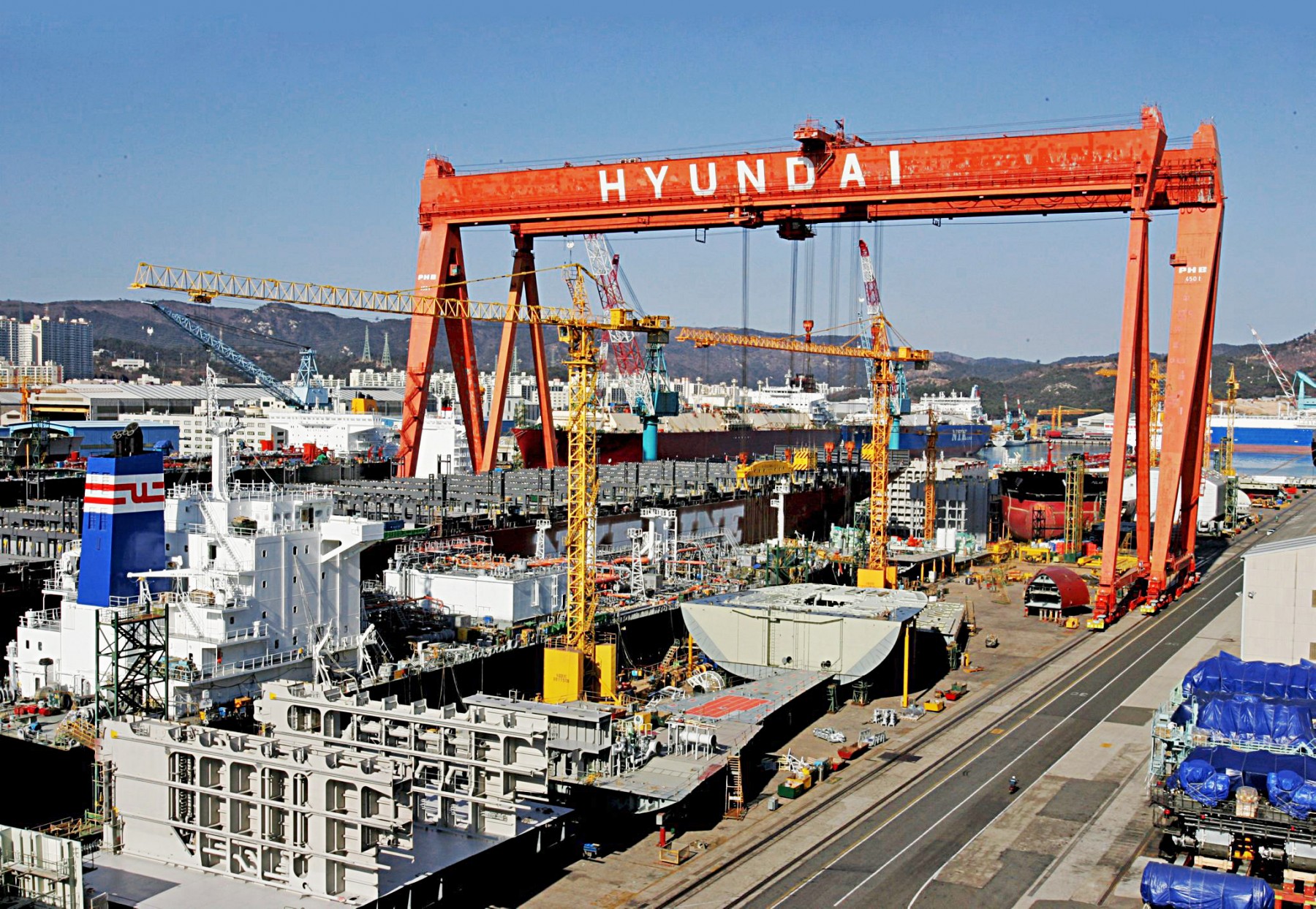
Στρατηγική στροφή της Hyundai στις γιάρδες της Ινδίας
Ένα σημαντικό ορόσημο για την παγκόσμια ναυπηγική βιομηχανία σηματοδοτεί η απόφαση του ναυπηγικού κολοσσού της Νότιας Κορέας, HD Hyundai, να επεκταθεί στις γιάρδες της…
